6. Halloween III: Season of The Witch
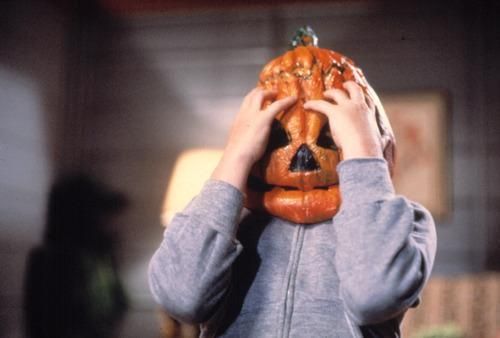
While A Quiet Place could’ve been written by Rush Limbaugh, Halloween III: Season of the Witch could ‘ve been a seminal influence on the young Ted Kaczynski. The nonsensical plot of this Michael Myers free snooze-fest is that an Irish millionaire who wants to bring Halloween back to its sacrificial roots sells Halloween masks with pieces of Stonehenge in them, so that he can get the children wearing them to watch a commercial which will cause their heads to turn into piles of bugs and worms via black magic.
No, I’m not kidding. John Carpenter wrote this dreck but refused to give a much-deserved co-writing credit to cocaine. The film features an evil warlock and a town filled with his android henchmen, but the real villains here are capitalism and television. Carpenter wanted to be done with the franchise after the first film but had to write the second and third films due to his financial issues.
With that in mind, Halloween III’s anti-capitalist theme was likely born from Carpenter’s anger at having to be involved with the film at all. This raises the question- why does this movie hate television? Is Carpenter just mad that AMC cuts out his films’ gory bits?
7. Jaws
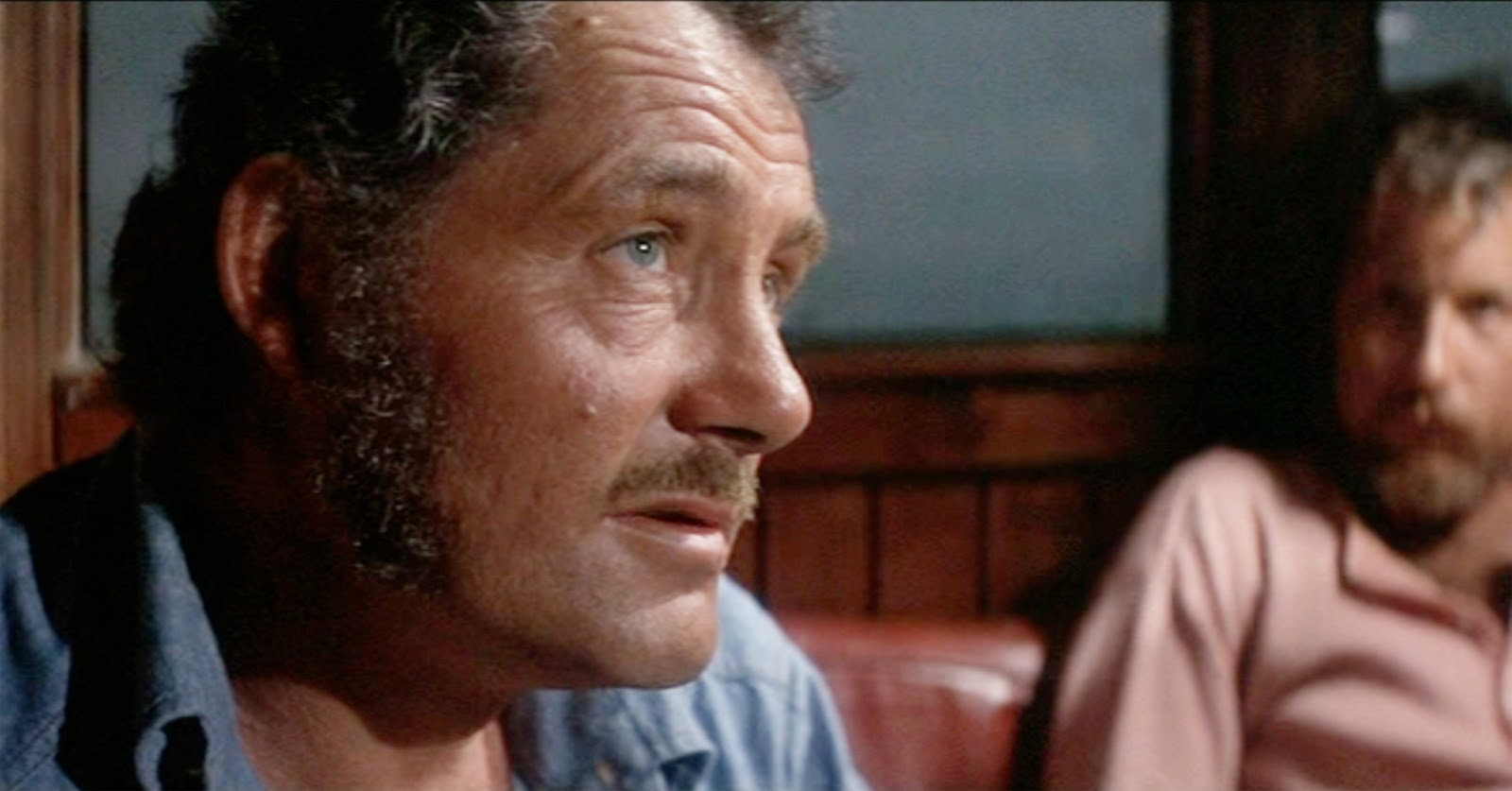
Released in the months following the Watergate scandal, Jaws was one of the first Hollywood features to embody the distrust of the American government that Nixon helped foster. As frightening as the barely glimpsed obviously mechanical shark from Jaws is, he’s not evil. He’s just a dumb animal doing what you or I would do if we had dorsal fins.
The real monster is Mayor Larry Vaughn (Murray Hamilton), who is more concerned with his town’s Fourth of July revenue than the safety of its tourists, meaning that his attitude towards tourists is only slightly more negative than your average beach town resident. The fact that one of the townsfolk is killed on Independence Day is due to capitalist greed and could be seen as anti-American.
It’s good to know that Spielberg believes that we should put people above profit, which is why he cheaply and illegally hired child actors to perform a stunt in The Twilight Zone: The Movie which resulted in their decapitations. I’m glad he feels comfortable moralizing to us.
8. The Hills Have Eyes
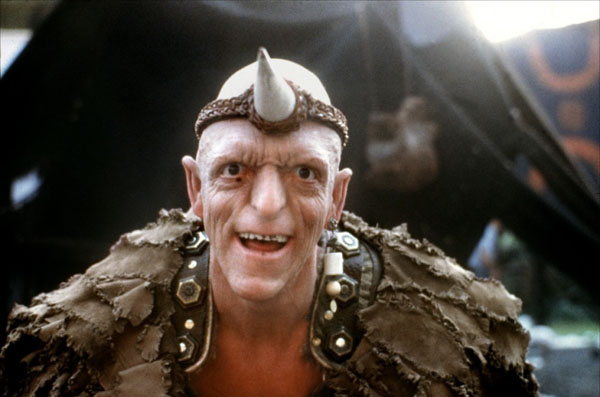
The late Wes Craven was great at thinking up interesting concepts and executing them poorly. The Hills Have Eyes recycles the plot structure and themes of Craven’s more notorious debut, The Last House on the Left, but with more polish and less power. It follows a suburban family, the Carters, whose trailer breaks down in the dessert. A group of cannibals kill the family patriarch, rape his daughter, and kidnap his infant granddaughter, hoping to eat her.
It ends with a freeze frame with one of the Carter men stabbing a cannibal to death, which is supposed to be one of Craven’s trademarked grand statements about the barbarism of human nature but fails because the cannibal got exactly what was coming to him. Or did he?
Years after the film’s release, Craven said that The Hills Have Eyes was intended as a deconstruction of the American frontier myth, with the cannibals standing in for Indigenous peoples. Here’s where Craven’s shortcomings as a filmmaker turn Hills from middling to uncomfortable muddy.
If The Hills Have Eyes is an attack on manifest destiny, why are the Native American analogues portrayed as evil cannibals? Doesn’t that play right into negative stereotypes about natives? It’s a good thing Craven died before the anti-Columbus Day movement gained momentum or he’d have a lot to answer for.
9. Ghostbusters
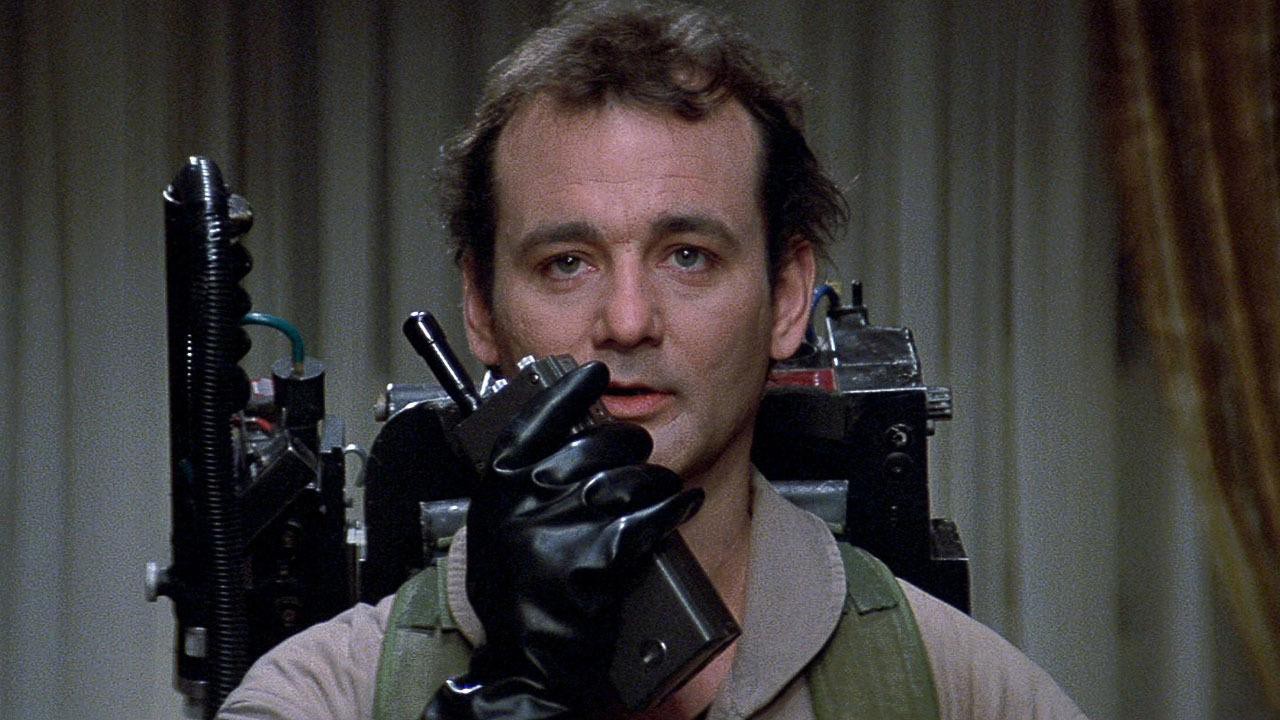
“I’ve worked for the private sector. They expect results.” Thus, begins the adventures of the ghostbusters, who start a small business that is able to do what the government can’t. In fact, all of the government employees in the film are portrayed as ineffectual obstacles to Bill Murray and company.
The only way this film could further extol the libertarian concept of government is if the ghostbusters built roads. But the film’s heart is ultimately conservative as the film loves the church.
Stay Puff the Marshmallow Man, a monstrosity brought into existence by a pagan deity, threatens to destroy a church with his Godzilla-like shenanigans, which is what really sets Murray’s character off.
Ultimately, the evil forces of paganism are defeated. The whole episode recalls the destruction of pagan gods by Jesus in On the Morning of Christ’s Nativity, a poem written by one of the most famous of Christian theologians, John Milton, and we can pretend for a second that someone involved with the film might have read that.
Even Sigourney Weaver, most famous for portraying science fiction’s greatest feminist icon, isn’t immune from the film’s conservatism, as the villain take her form, framing female power as abhorrent, before she’s reduced to a damsel in distress. At least the jokes are funny.
10. Mother!
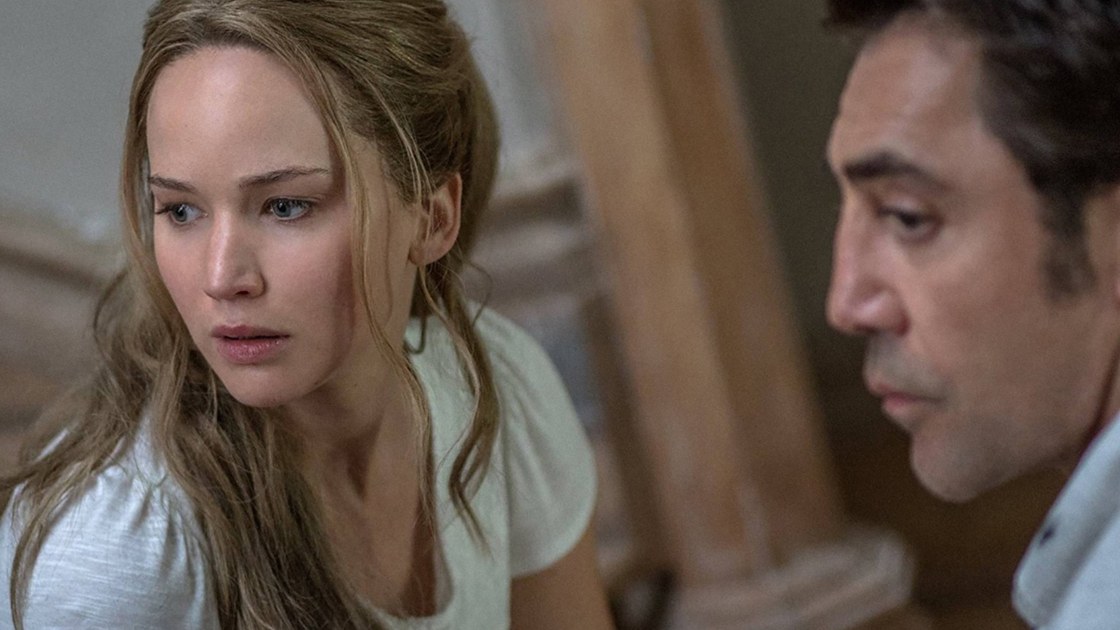
Darren Aronofsky is an environmentalist to an insane degree, to the degree that he probably feels guilt simply for being human. Mother! got so much press for its religious themes – which bizarrely, people seemed to find either too blunt or too subtle-that few seemed to comment on the film’s environmentalist message which paints humanity not as the neglectful caretakers of Mother Earth that we are, but as parasites destroying her.
He even goes so far as to portray God (played by Javier Bardem, which might be the most anti-theistic casting choice in history) as allowing humans to exist on Mother Earth without her consent. I may not have attended seminary, but I’m pretty sure that an all-powerful God wouldn’t need anyone’s permission to do anything.
Aronofsky’s green intentions are noble and all, but the film is incredibly demoralizing. One would hope that an environmentalist picture would make the audience want to care for Mother Earth, not make her the least appealing mother figure since Mrs. Bates. Maybe Fern Gulley is smarter than it looks.